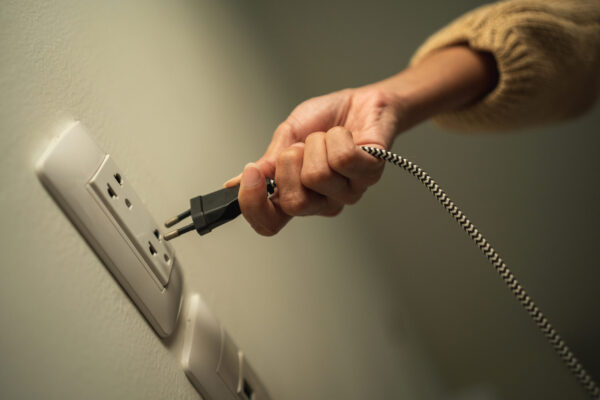Energy consumption in UK households has become a growing concern in recent years. Not only does excessive energy use contribute to rising utility bills, but it also has a significant impact on the environment. Identifying and addressing the biggest energy-draining appliances in your home is a crucial step toward reducing both your carbon footprint and your monthly expenses. In this article, we will explore the appliances that consume the most energy in UK homes and discuss ways to mitigate their impact.
Understanding Energy Consumption
Before we dive into the specifics, it’s essential to understand the broader context of energy consumption. The choices we make regarding our appliances have a direct impact on the environment and our wallets. Energy-efficient appliances can substantially reduce both our carbon emissions and our utility bills.
Identifying the Culprits
Refrigerators and Freezers: Refrigerators and freezers are always running, making them one of the biggest energy consumers in most households. Older models tend to be less energy-efficient, so upgrading to an energy-efficient fridge can make a significant difference. Consider models with features like adjustable temperature settings and automatic defrost cycles to maximise efficiency.
Heating and Cooling Systems: In the UK, heating and cooling systems, such as central heating and air conditioning units, are responsible for a substantial portion of energy consumption. Proper insulation, regular maintenance, and using programmable thermostats can help manage energy use. Additionally, explore the option of installing a heat pump, which is more energy-efficient and environmentally friendly.
Washing Machines and Dryers: Laundry appliances, particularly older ones, are notorious for their high energy consumption. Using cold water for washing, drying clothes on a line when possible, and ensuring full loads can help reduce their impact. Consider purchasing a front-loading washing machine, which is generally more energy-efficient than top-loading models.
Electric Ovens and Stoves: Cooking appliances, especially electric ovens and stoves, can consume a lot of energy, especially if they are not used efficiently. Consider using lids on pots and pans, cooking with the right-sized burner, and preheating your oven only when necessary. If possible, invest in an induction cooktop, which is highly energy-efficient and heats up quickly.
Dishwashers: Dishwashers are convenient but can also be energy hogs. Using the eco-setting and running full loads can help save energy. When shopping for a dishwasher, look for models with high energy efficiency ratings and load sensors that adjust the water and energy usage based on the load size.
Energy Efficiency Ratings
Energy efficiency ratings play a crucial role in helping consumers make informed choices when purchasing appliances. In the UK, appliances come with energy labels, such as Energy Performance Certificates, which provide information about energy efficiency. Look for appliances with higher energy efficiency ratings to reduce both your energy consumption and your bills.
Tips for Reducing Energy Consumption
Aside from choosing energy-efficient appliances, there are various practical steps you can take to reduce your overall energy consumption:
- Regularly maintain your appliances to ensure they operate efficiently. Clean or replace filters in heating and cooling systems, clean your refrigerator’s coils and remove lint from dryer vents.
- Use programmable thermostats to control your heating and cooling systems. Set them to lower temperatures during the night or when you’re away from home and raise them only when needed.
- Adjust your cooking habits to be more energy-efficient. Use the microwave for small reheating tasks and consider using a slow cooker or pressure cooker for energy-efficient cooking.
- Utilise energy-saving settings on your appliances. Many modern appliances have eco-friendly modes or timers that can help reduce energy consumption.
- Unplug devices when they are not in use to avoid phantom load. Consider using smart power strips that can automatically turn off connected devices when they’re not needed.
The Role of Smart Technology
Smart home technology has made it easier than ever to monitor and control energy use. Smart thermostats, lighting systems, and energy monitors allow homeowners to optimise their energy consumption and reduce waste. These innovations are valuable tools in the quest for energy efficiency.
Government Incentives and Rebates
In the UK, there are often government incentives and rebates available to encourage the purchase of energy-efficient appliances. Be sure to check for these programs, as they can provide financial incentives for making environmentally conscious choices.
Conclusion
Identifying and addressing the biggest energy-draining appliances in your UK home is a practical step toward a more sustainable and cost-effective lifestyle. By choosing energy-efficient appliances, adopting energy-saving habits, and exploring smart technology options, you can make a positive impact on both your wallet and the environment. Start taking action today to reduce your energy consumption and create a more energy-efficient home.
